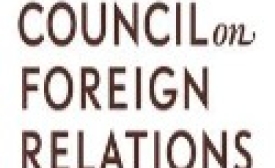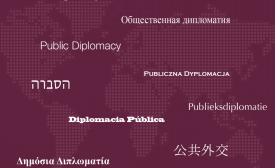counter-terrorism
Counterterrorism efforts should, Marty said, address the local circumstances and conditions that give rise to terrorism such as political grievances, communal conflicts, economic and social marginalization, human rights issues and poverty
Killing terrorists is eliminating the exponents but not the cause of terrorism, because it does not eliminate the ideas and motives that spawn terrorists. The fight against terrorism must proactively discourage people from resorting to terrorism by the use of "soft power".
Joseph Nye observes: ''A key lesson of 9/11 is that hard military power is essential in countering terrorism by the likes of bin Laden, but that the soft power of ideas and legitimacy is essential for winning the hearts and minds of the mainstream Muslim populations from whom al-Qaeda would like to recruit - a 'smart power' strategy does not ignore the tools of soft power.''
The U.S. government is struggling to coordinate the volumes of information from the many agencies and departments that make up slices of the public diplomacy and strategic communications pie. Congress needs to use its oversight to evaluate the variety of agencies, set specific goals, and ensure that the vital work of public diplomacy moves forward.
Ms. McHale emphasized the importance of engaging with Muslim nations, especially now during the anti-government upheaval in the Arab world. “In Egypt or Tunisia or in other places in the Middle East right now, they are not focused on al Qaeda. They are focused on the transition of their countries,” she said.

The Council on Foreign Relations has named CPD Director Philip Seib’s recent CPD Perspectives article a “must read.”

In the second paper released in 2011, CPD Director Philip Seib advocates for public diplomacy tools to be incorporated into counterterrorism strategies.







